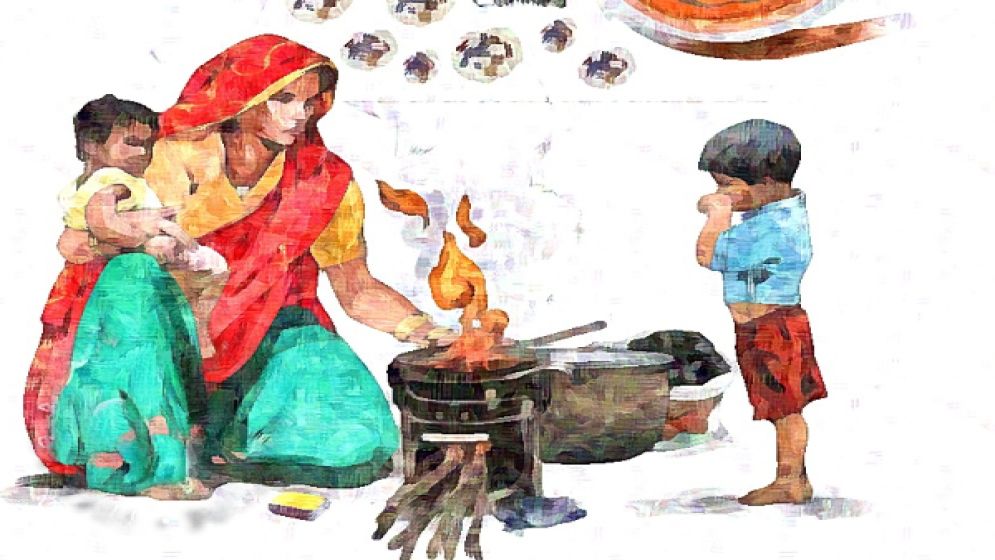Dirty cooking fuels pose major threat to infants in India
Adam Allington
Publish: 09 Jul 2024, 08:53 PM

A recent Cornell University study revealed the alarming impact of air pollution in India, where 27 out of every 1,000 babies and children die due to exposure to dirty cooking fuels.
This finding is particularly concerning given that 83 of the 100 most polluted cities globally are located in India, with pollution levels exceeding the World Health Organization's guidelines by tenfold.
While outdoor air pollution often dominates headlines, the study emphasizes the greater danger of poor indoor air quality,especially since most people spend the majority of their time indoors.
Professor Arnab Basu, the study's lead author, highlighted the significance of their research, stating, "This is the first paper to provide a robust causal estimate of the true cost of using biomass fuels in terms of young lives lost."
The study utilized extensive data from the Demographic and Health Survey, spanning over 25 years, to analyze the effects of various polluting fuels used in Indian households.
Basu explained that their team analyzed comprehensive nationwide survey data spanning 25 years to assess the impact of dirty cooking fuels on mortality rates.
Their findings revealed the most significant impact on infants under one month old,a vulnerable age group with underdeveloped lungs and close proximity to their mothers, who often cook with these fuels.
Surprisingly, the study also discovered a disproportionately higher mortality rate among young girls compared to boys in Indian households.
This disparity, Basu clarified, is not due to girls being inherently weaker but rather a consequence of the prevalent son preference in India, leading to potential neglect of daughters' health needs.
In light of these findings, Basu emphasized that transitioning to cleaner cooking fuels would not only improve overall child health but also help address the neglect of daughters in Indian society.
The World Health Organization reports that roughly a third of the global population relies on open fires or biomass-fueled stoves for cooking, contributing to an estimated 3.2 million deaths annually.
However, implementing change is challenging.
Basu says the prevalent focus on outdoor air pollution and crop burning, noting that governments can address these issues through legislation and incentives.
The research suggests that indoor pollution deserves equal attention, considering the influence of regional factors such as agricultural land ownership, forest cover, household characteristics, and family structure on indoor air quality.
—
The story was sent to Bangla Outlook from Cornell University media relations office
